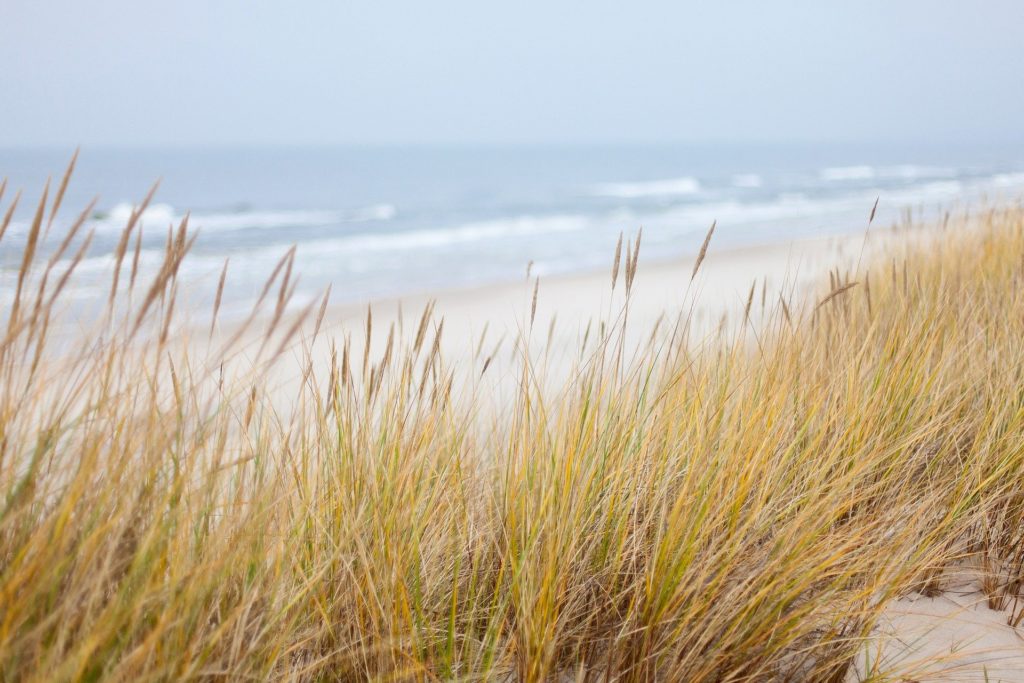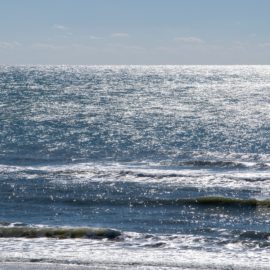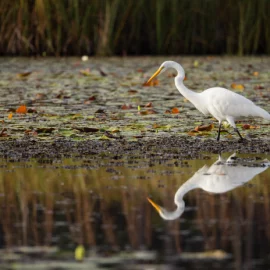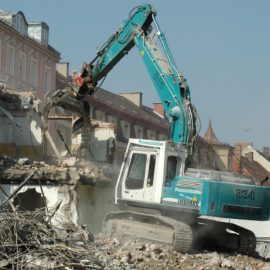
The hurricane season started Monday and the State of the Coast started yesterday. Joey and I were both in a short presentation and my part was to push interfaith groups and I focused on GNOICC.
Louisiana will spend almost $1 billion on coastal restoration and hurricane protection in the fiscal year that begins July 1, including 18 projects using dredged sediment to rebuild almost 14,000 acres of wetlands, marsh and ridge, Gov. John Bel Edwards said Wednesday. The money also will pay for another 109 miles of new or improved hurricane levees protecting coastal populations across the state, the start of construction on the new Houma Navigation Canal lock and completion of the Bayou Chene flood control structure, Edwards told the online State of the Coast conference. Opening the three-day biennial event, Edwards said 16 state agencies have undertaken a vulnerability assessment to address how Louisiana’s rapidly eroding coastline will affect the government’s ability to serve the public. Overseen by chief resilience officer Charles Sutcliffe, the two-year effort requires the agencies to explain how wetlands loss and climate change will affect their assets, including buildings, property, equipment and other infrastructure, as well as their direct and indirect effects on services.The report is to address both acute effects of hurricanes and floods and chronic challenges of rising seas and salinity changes. “Working together, we can achieve a more resilient, prosperous, equitable and sustainable state,” Edwards said.
nola.com
These are the types of projects the No-Diversion side like. There are 5 projects all aimed at reversing the effects of the Mississippi River-Gulf Outlet, a navigation shortcut between the Gulf of Mexico and the Industrial Canal in New Orleans. The outlet was opened in 1965 and closed in 2009 due to lack of use and it disrupted wetlands. These projects have ether been initiated in the recent past of will be started in the coming months and include:
- The Golden Triangle Marsh Creation project will restore about 774 acres of wetlands in the northwest corner of Lake Borgne, at the confluence of the MR-GO channel and the Gulf Intracoastal Waterway. The project costs $57 million and is being funded by BP oil disaster money through the federal RESTORE Act and the disaster’s natural resource damage assessment.
- The New Orleans Landbridge Shoreline Stabilization and Marsh Creation project will restore and protect about 290 acres of wetlands along Chef Menteur Highway on both the Lake Pontchartrain and Lake St. Catherine shorelines. The project costs $25.4 million, being funded by the federal-state Coastal Wetlands Planning, Protection and Restoration Act.
- The Biloxi Marsh Living Shoreline calls for installing as much as 11 miles of bio-engineered oyster reefs along the shoreline of Eloi Bay near Bayou La Loutre in St. Bernard Parish. It costs $69.8 million.
- The Bayou La Loutre Ridge Restoration and Marsh Creation project will create almost 19½ miles of ridge and 193 acres of new marsh and nourish another 248 acres of eroding marsh with sediment along the bayou and southeast of Lena Lagoon. The $25.8 million project is funded by the federal-state act.
- Increment 1 of the Lake Borgne Marsh Creation project will create or nourish about 2,700 acres of marsh along the southwestern corner of the lake in St. Bernard Parish. It is being funded with BP natural resource damage money and costs $114.8 million.
Arthur Johnson, director of the Lower 9th Ward Center for Sustainable Engagement and Development and a member of the MR-GO discussion panel at State of the Coast, said his organization has been talking with state and New Orleans officials about identifying programs that can train residents with skills to obtain jobs in these and other restoration projects. St. Bernard Parish President Guy McInnis said Nunez Community College in Chalmette might be just such a training source, pointing to a global positioning system course taught there in support of restoration efforts. he State of the Coast conference is sponsored by the Coalition to Restore Coastal Louisiana, The Water Institute of the Gulf, the Coastal Protection and Restoration Authority and Louisiana Sea Grant. It continues with online sessions Thursday and Friday.
I am sure some support from the pubic willk be needed and appreciated and if asked, we should support this work.



